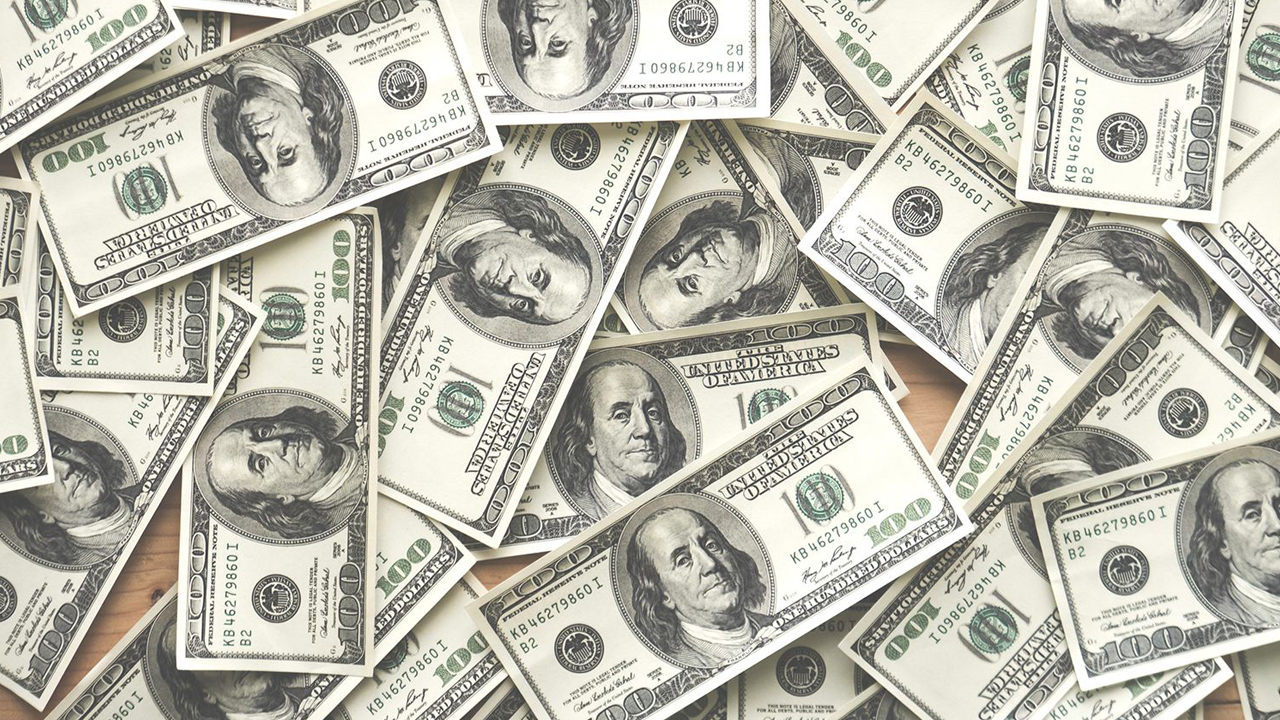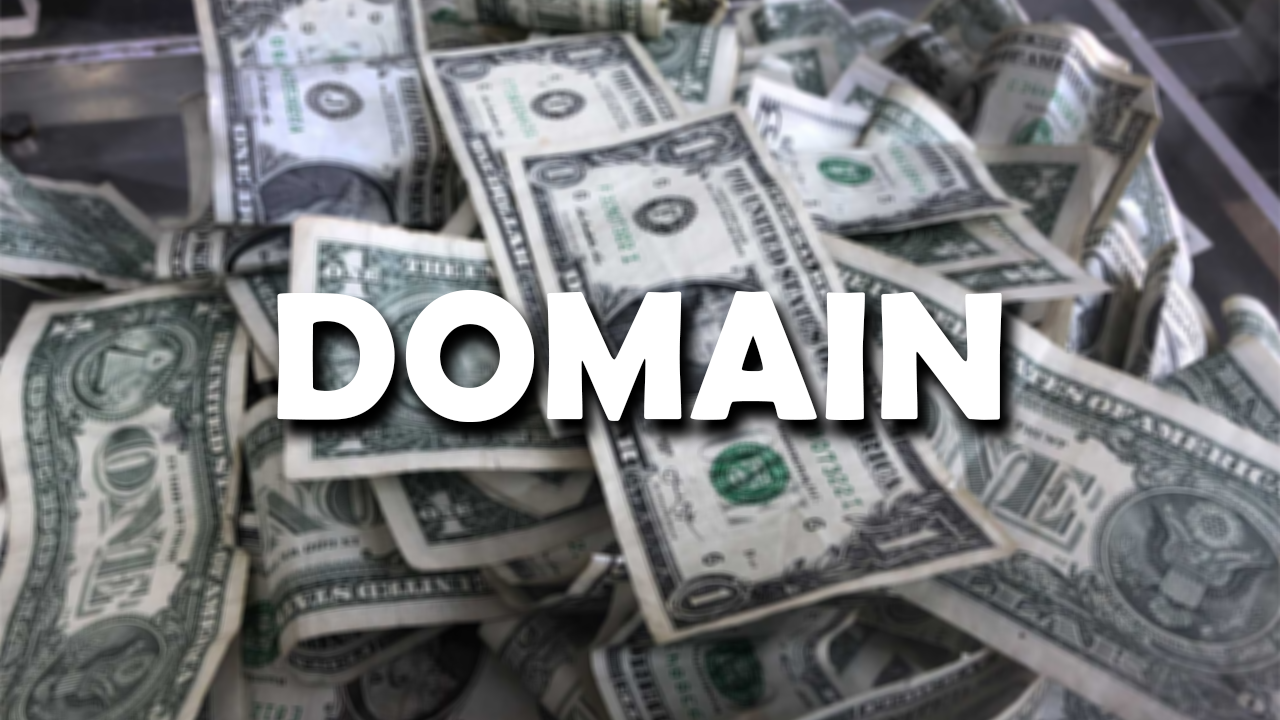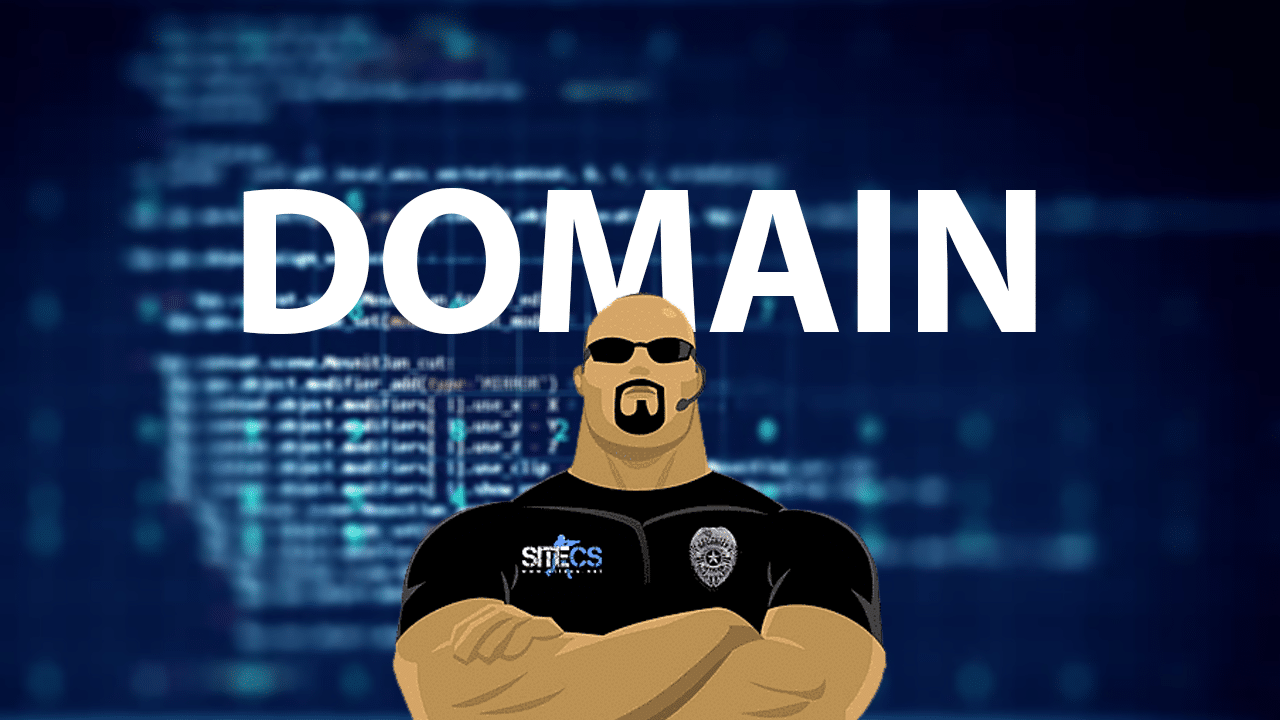TikTok is coming back to USA
TikTok said Sunday that it would be restoring service to U.S. users after blocking it the evening before.
In a statement, TikTok said its video platform was coming back online. Just after President-elect Donald Trump provided the necessary assurances to the company’s service providers.
“In agreement with our service providers, TikTok is in the process of restoring service,” TikTok said in a post on X. “We thank President Trump for providing the necessary clarity and assurance to our service providers that they will face no penalties providing TikTok to over 170 million Americans and allowing over 7 million small businesses to thrive.”
“It’s a strong stand for the First Amendment and against arbitrary censorship. We will work with President Trump on a long-term solution that keeps TikTok in the United States,” the company added.
Just hours before TikTok blocked service to Americans, Trump posted to Truth Social calling for it to remain available.
Trump’s positon on the subject
Trump indicated that he wanted it to be available to broadcast his inauguration on Monday.
“I will issue an executive order on Monday to extend the period of time before the law’s prohibitions take effect, so that we can make a deal to protect our national security. The order will also confirm that there will be no liability for any company that helped keep TikTok from going dark before my order,” Trump wrote.
TikTok’s availability came back in spurts Sunday afternoon, with access to its content first becoming available through web browsers. Later in the day, it became usable for some, and it welcomed users back with the message “Welcome back! Thanks for your patience and support. As a result of President Trump’s efforts, TikTok is back in the U.S.! You can continue to create, share, and discover all the things you love on TikTok.”
The app was still unavailable for download from Apple’s and Google’s app stores.
The law banning TikTok, which was scheduled to go into effect Sunday. It allows the president to grant a 90-day extension before the ban is enforced, provided certain criteria are met.
Under a law that President Joe Biden signed in April, TikTok would be banned unless its Chinese owner, ByteDance, sold the company to a non-Chinese buyer.
Prior to the ban’s implementation, both Biden and the incoming Trump administration appeared to reverse their earlier positions on TikTok.
During his campaign, Trump, who had advocated for a ban during his first term as president, came out in support of TikTok, saying he’d save it.
On Saturday evening, the app was removed from app stores and service for American users was suspended.
TikTok’s future in the U.S. is still up in the air.
After TikTok came back online, some Republicans appeared to contradict Trump on how things might play out. House Speaker Mike, R-La., Johnson told NBC News’ “Meet the Press” on Sunday, “I think we will enforce the law”. Adding, “When President Trump issued the Truth [Social] post and said: ‘Save TikTok,’ the way we read that is that he’s going to try to force along a true divestiture, changing of hands, the ownership.”
Sens. Tom Cotton, R-Ark., and Pete Ricketts, R-Neb., also issued a statement celebrating the ban. And saying they don’t see a basis for an extension like Trump has proposed.
“Now that the law has taken effect, there’s no legal basis for any kind of ‘extension’ of its effective date. For TikTok to come back online in the future, ByteDance must agree to a sale that satisfies the law’s qualified-divestiture requirements by severing all ties between TikTok and Communist China,” the statement said in part.
Working on a long term solution
Even if TikTok receives an extension, as Trump has vowed to do in an executive order Monday. The law still forces ByteDance to eventually sell it to a non-Chinese owner. Which the parent company has shown no interest in doing.
TikTok said in its latest statement that it “will work with President Trump on a long-term solution that keeps TikTok in the United States.”
Trump has floated the idea of a joint venture for TikTok, with the U.S. owning 50%, but even that idea faces a potential hurdle. The law includes a 20% cap for “foreign adversary” owners, so it’s not immediately clear whether ByteDance could exceed that ownership share without a change in the law.
The law defines “controlled by a foreign adversary” in several different ways, but one definition is: “an entity with respect to which a foreign person or combination of foreign persons … directly or indirectly own at least a 20 percent stake.”
Congress, of course, could change the law.
Source: NBC News
Read other news at our blog

























